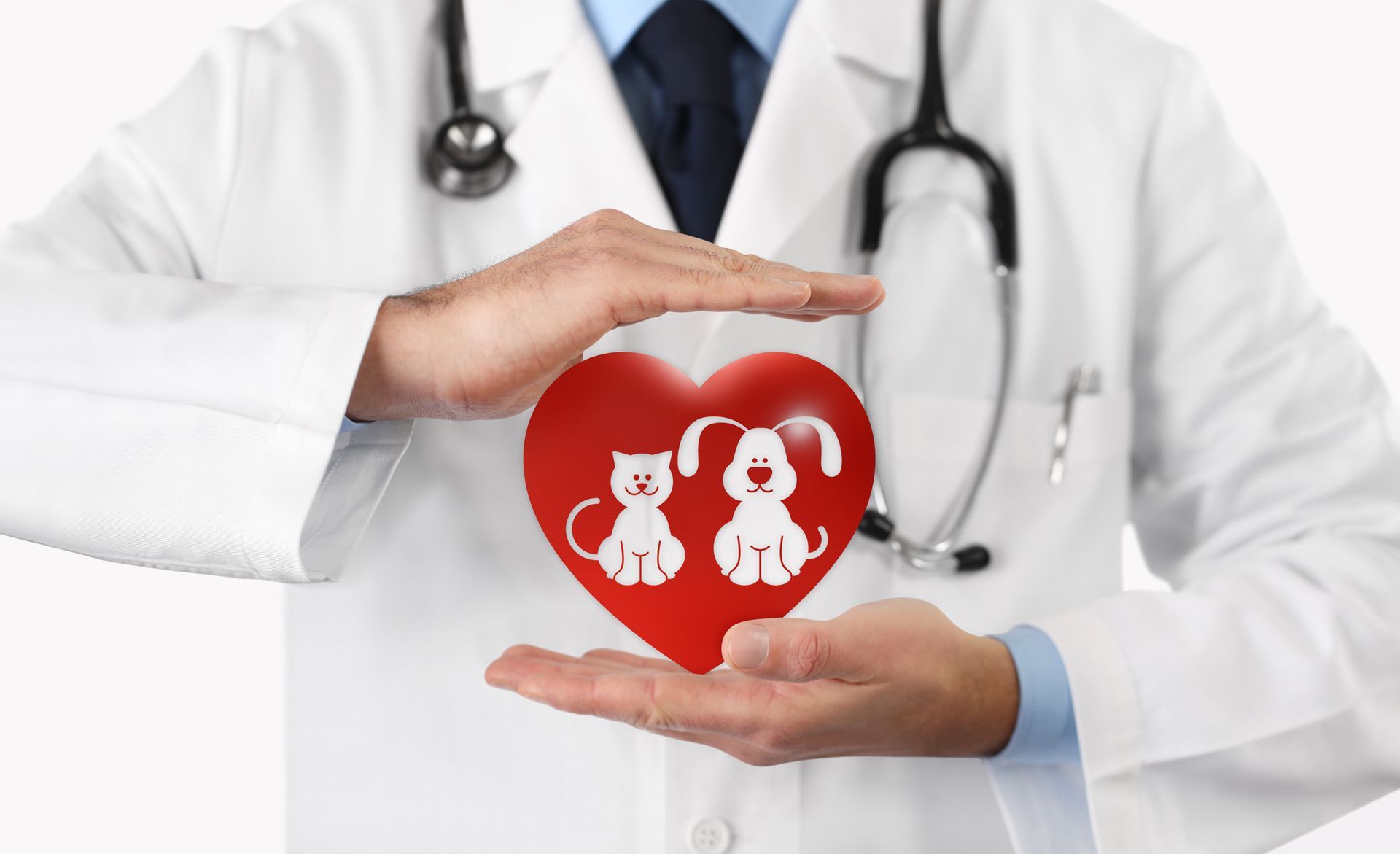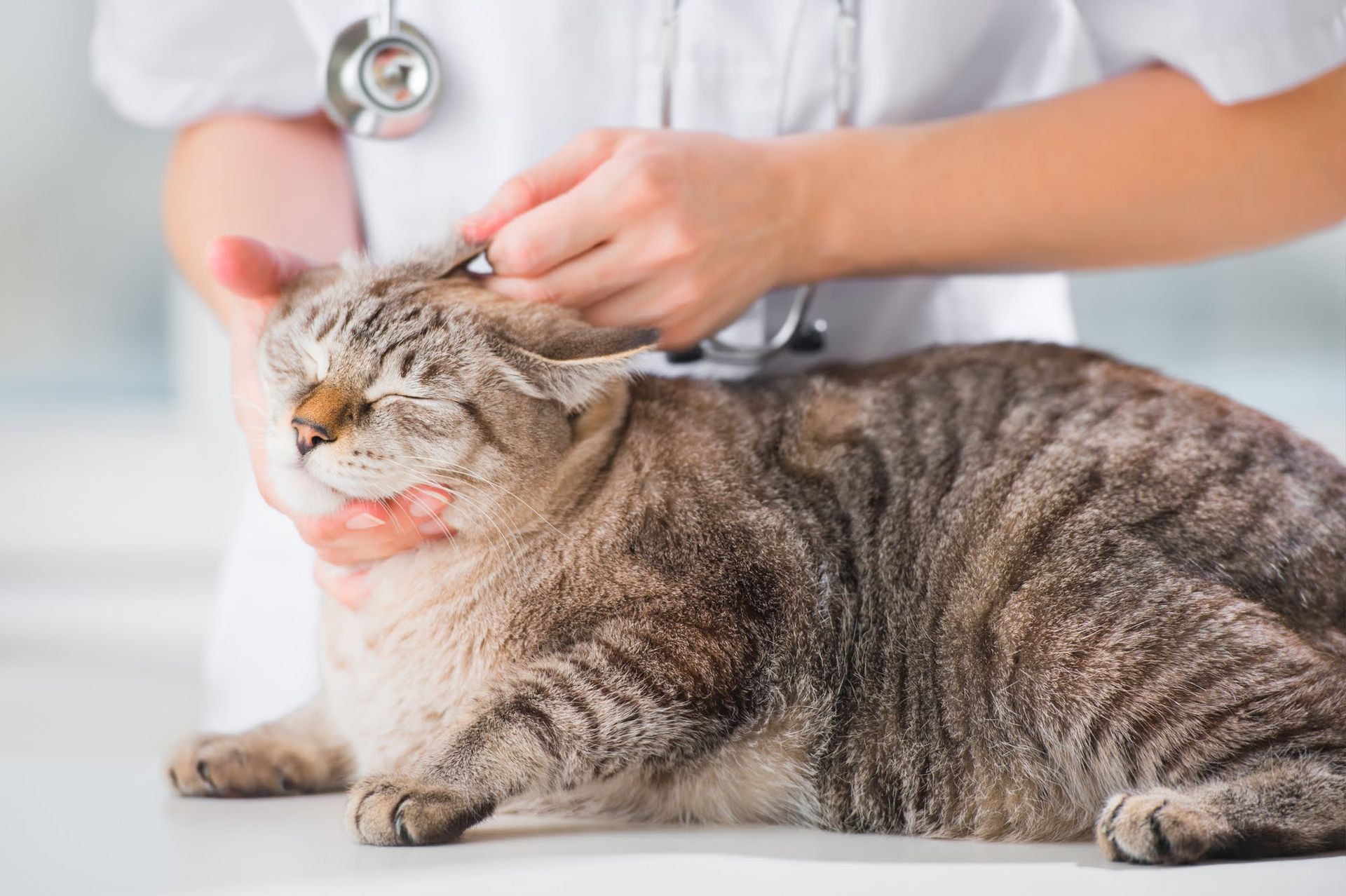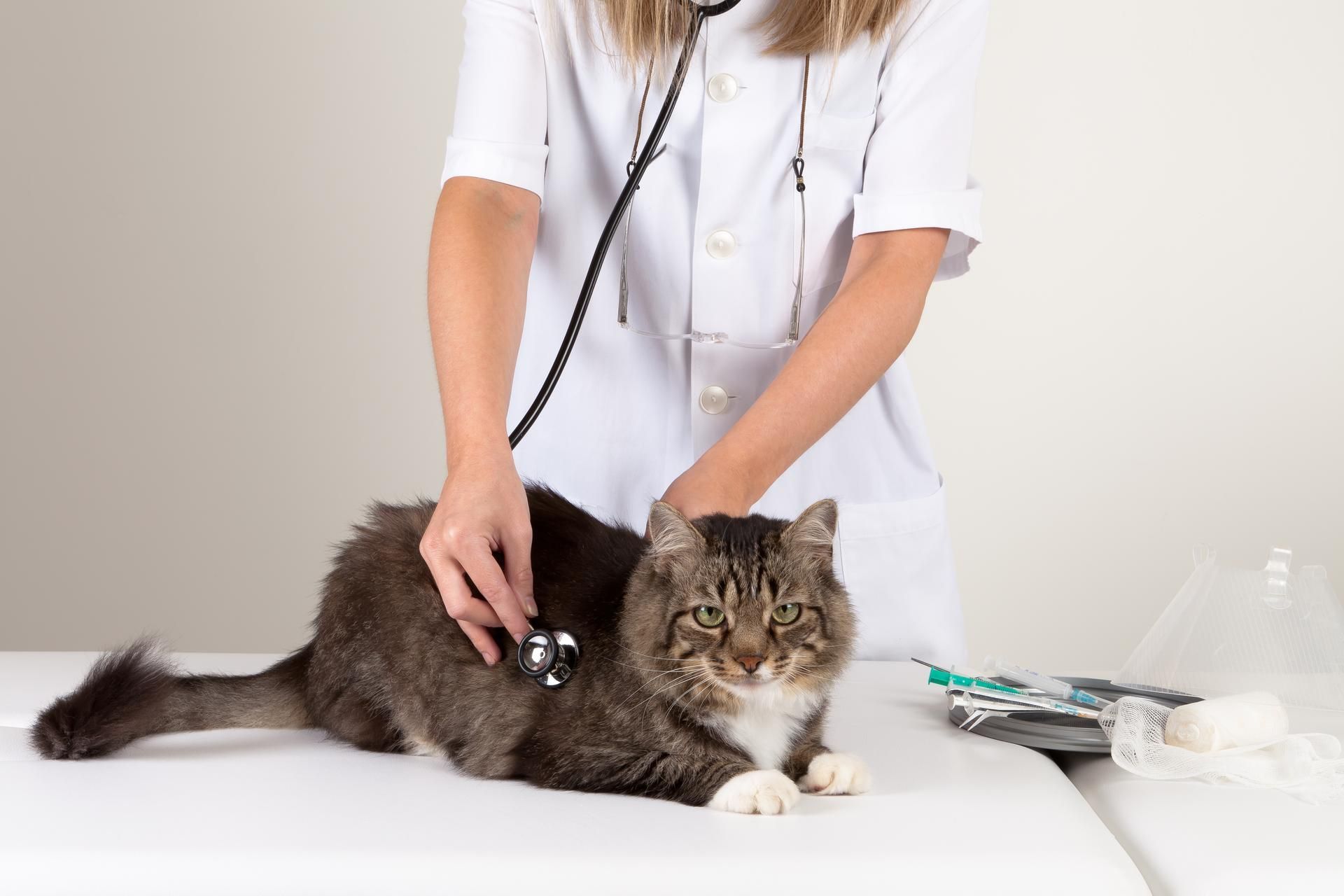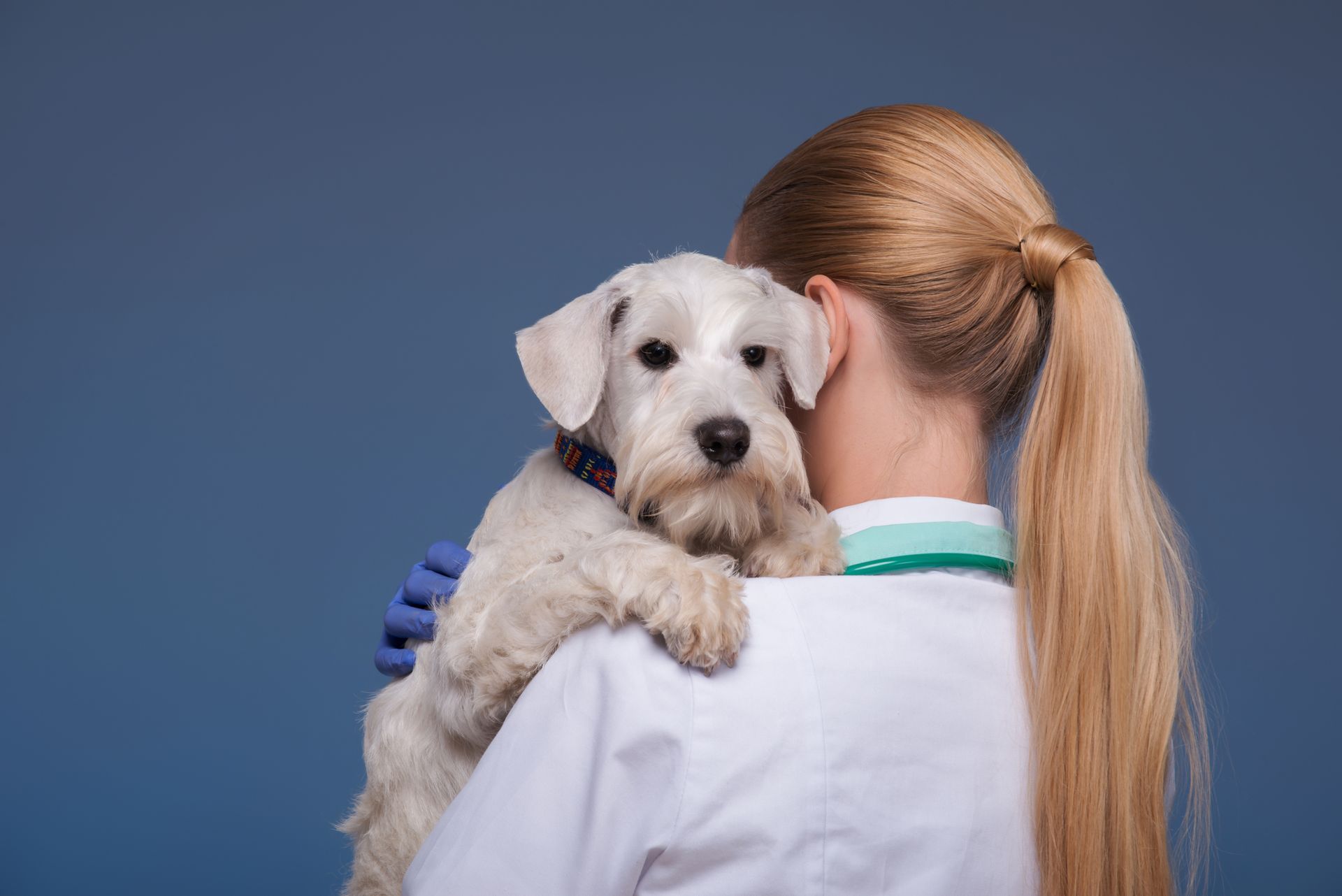Constipated Cat? Visit an Emergency Vet Care Clinic

Constipation in cats is a common yet severe issue that pet owners may sometimes overlook, often attributing it to temporary discomfort or a minor inconvenience. However, it’s important to recognize that what may seem like a simple issue can have significant implications for your feline friend’s health. When a cat is constipated, it struggles to pass stool, which can lead to discomfort and pain. If left untreated, the condition can escalate quickly, potentially resulting in severe health problems such as megacolon or even bowel obstruction. Being proactive about your cat's gastrointestinal health is essential for their overall well-being. Read on to learn the signs, causes, and why seeking immediate veterinary care is imperative in helping ensure your feline friend stays healthy and happy.
Recognizing the Signs of Constipation
As a responsible cat owner, one of your primary responsibilities is to recognize signs of distress in your pet. Cats that are constipated may exhibit various symptoms, including straining in the litter box without producing stool, discomfort or pain when trying to relieve themselves, and reduced appetite. More subtle indicators could include lethargy or changes in behavior, such as becoming more reclusive. Monitoring these signs closely and taking them seriously is essential; failing to address constipation promptly can lead to more significant health complications.
Causes of Constipation in Cats
Constipation in cats can stem from various factors, including dietary issues, dehydration, and underlying medical conditions. A poor diet, particularly one low in fiber, can hinder a cat's ability to digest food properly and lead to constipation. Additionally, insufficient water intake can cause the body to absorb too much moisture from the waste in the intestines, resulting in hard, dry stools that are difficult to pass. Other more severe causes could include obstructions in the intestines, neurological disorders, or other systemic illnesses. Identifying these underlying causes is crucial in facilitating proper treatment and avoiding further complications.
The Risks of Delay
It may be tempting to wait and see if your cat improves on its own, especially if the signs of constipation seem mild. However, delaying veterinary care can pose significant risks. If constipation is left untreated, it can lead to a condition known as megacolon, where the colon becomes severely distended and loses its ability to contract. This condition can require extensive medical intervention, including surgery, to alleviate the issues your cat may be facing. It can significantly impact your cat's quality of life, affecting their ability to eat, play, and engage in normal activities. In severe cases, prolonged constipation can lead to serious complications, such as megacolon, which can become life-threatening if not addressed promptly. It's essential to monitor your cat's litter box habits and consult your veterinarian at the first sign of trouble to ensure their well-being.
When to Seek Emergency Care
If you notice any signs of constipation in your cat, seeking emergency vet care is prudent, especially if your cat goes more than two days without a bowel movement. Veterinary professionals can provide immediate relief and conduct a thorough examination to identify any underlying issues. Emergency clinics are equipped with the necessary tools to assess and treat your cat effectively, whether through manual disimpaction, hydration therapy, or medication to stimulate bowel movements. Early intervention can not only relieve your pet’s discomfort but also prevent more serious health complications down the road.
Caring for a cat includes being vigilant about their health and well-being. Understanding the signs and causes of constipation, recognizing the urgency of the situation, and seeking timely veterinary care can make all the difference in preserving your cat's health. If your feline friend shows any signs of constipation, don’t hesitate to visit an emergency vet care clinic. Your proactive approach can ensure your cat receives the attention and care they desperately need, leading to a happier, healthier life. If your cat has constipation issues, contact our team at South Seattle Veterinary Hospital to schedule an appointment today!











